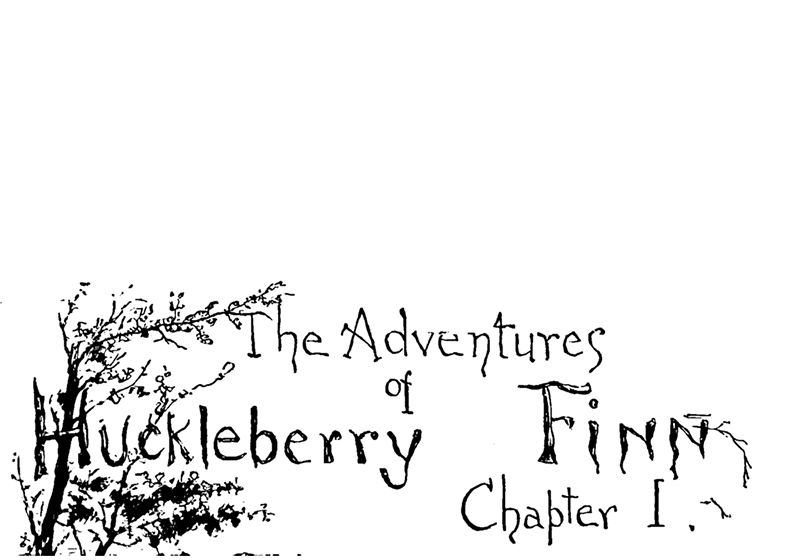
Whoa Writing: The Hero’s Buddy
From time to time, I like to reflect on lessons learned from reading through the 350–400 submissions we receive each year. There are patterns that emerge that offer guidance for writers looking to make their writing stand out. This periodic series of posts shares observations based on these experiences.
Have you ever had a time where you felt you were too much in your own head? Ruminating about some challenge you were facing? Perseverating about a problem you couldn’t crack? I think we’ve all been there from time to time, restless and resentful that we just can’t stop thinking about something!
Have you ever felt that way about a character in a book? I’m thinking especially about a book written in first person, where the protagonist is agonizing us with their own challenges and problems. At its worst, it can be like a bad therapy session or a worldview bending distortion that leaves us unsettled. (Those looking for such an experience through literature may disagree about this being the worst!)
1. The buddy gets us out of the protagonist’s head.
When there’s a problem to be solved and our protagonist is on the case, I look for a buddy who can take some of the load off the character’s interior monologue and act as a sounding board for ideas. Every protagonist needs a friend they can talk to! The protagonist needs someone they can talk to, explain their reasoning and choices, do a little explicating. This buddy can serve as the reader proxy and ask the questions the reader wants to ask, express the emotions the reader is feeling, and find a way to get explanations for things that are baffling the reader.
2. The buddy is there when the protagonist needs help.
The buddy’s role isn’t exclusive to talk. The buddy is the perfect (and perfectly believable) deus ex machina for getting our protagonist out of a jam. Even if it’s just a ride to the airport or or moving a piece of heavy furniture, the buddy’s always there. This saves the author from having to invent other characters just to resolve a plot point.
3. The buddy lets the reader laugh (with or at the protagonist).
Of course, the buddy doesn’t have to be an actual deus. The perfect buddy provides comic relief too! Did the protagonist do something stupid? If the buddy makes fun of them, the audience can laugh along (rather than getting angry). Is the protagonist in a dark situation? The buddy can crack some jokes and lighten the tension, for the protagonist and the reader alike.
Literature is filled with great examples. Among the best are Harry Potter’s friends Hermione Granger and Ron Weasley. In the Harry Potter books, Harry serves as the reader proxy (one of the reasons he’s such a great character). Ron provides lived experience from the wizarding world, and Hermione provides the research angle. Ron provides the comic relief and emotional support, and Hermione provides the solutions to many of their challenges. They are the perfect example of what a couple of good buddies can provide to the protagonist and to the story.
Who are some of your favorite buddies in literature? Have you used a friend to elevate your storytelling? Share your thoughts in the comments!
